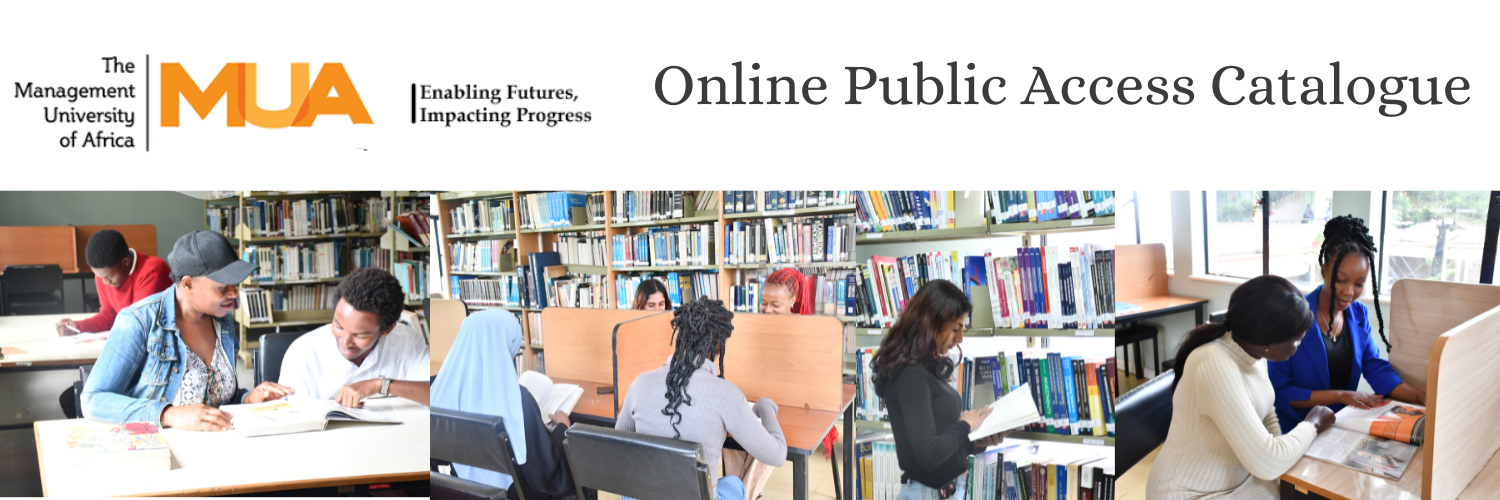Managing knowledge / Wilson, David A
Material type: TextPublication details: Oxford: Butterworth Heiemann, 1996.Description: 236p. ; 24 cmISBN:
TextPublication details: Oxford: Butterworth Heiemann, 1996.Description: 236p. ; 24 cmISBN: - 0750620544
- 658.4038
- HD 30.2 .W55 2000
| Item type | Current library | Call number | Copy number | Status | Barcode | |
|---|---|---|---|---|---|---|
| Books | The MUA Library South C campus - Open Collection | HD 30.2 .M36 2003 (Browse shelf(Opens below)) | 1 | Available | 2008-3168 |
Hardcover.
This eighteenth volume in the Jossey-Bass Organizational Frontiers Series provides an in-depth examination of how I/O psychologists can help find, recruit, and manage knowledge. The authors explain the nature of different types of knowledge, how knowledge-based competition is affecting organizations, and how these ideas relate to innovation and learning in organizations. They describe the strategies and organizational structures and designs that facilitate the acquisition and development of knowledge. And they discuss how continuous knowledge acquisition and innovation is promoted among individuals and teams and how to foster the creation of new knowledge. In addition, they explain how to assess the climate and culture for organizational learning, measure and monitor knowledge resources at the organizational level, and more.
There are no comments on this title.

